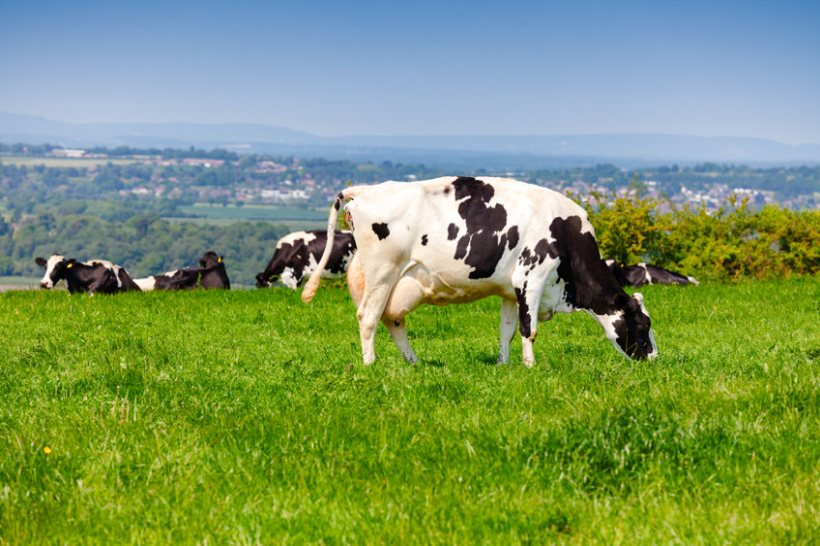
A turbulent period for GB milk supply lies ahead as global milk production remains reduced combined with increasing inflationary pressure on dairy farmers, according to new analysis.
An environmental reset has reduced global milk production at a time when demand for the product is growing, Kite Consulting says.
Add to this the well-documented increasing inflationary pressure on dairy farmers, and the dairy consultancy anticipates a turbulent period for the GB milk market.
“Commodity dairy production relies on increasing productivity at a local and global level to dilute inflation,” explained John Allen from Kite Consulting.
“This has led to the real terms reduction in costs relative to other parts of the economy over the last 30 years and globalisation in the 21st century accelerated this process.
"In the UK, the effect on a two-litre carton of milk means it is more than 25% cheaper than it was in 2000.”
Demand for dairy worldwide has been growing by 2.1% per annum for the past 10 years, according to Kite, and this is set to continue especially in developing economies.
However, the consultancy says the sector is now seeing supply stunted, along with the imposition of new compliance measures in key exporting nations.
Government policies in New Zealand and the EU - both major dairy production areas - are already imposing direct restrictions on the ability of dairy farmers to increase productivity.
“In New Zealand no new land can be converted to dairy, nitrogen applications are restricted to 190kg N per ha and a carbon tax is promised within five years,” said Mr Allen.
“The Netherlands is a key example of the direction of travel in the EU, with €24bn allocated to paying farmers to leave the livestock sector. Dutch milk production is already down by 4% in the current year.
“If New Zealand and other exporting nations cannot produce new product to satisfy the increasing global demand then inevitably this will lead to rising prices for dairy alongside the rising costs."
The IFCN Dairy Research Network are already indicating world prices are over $51 per 100kg (39ppl ECM), and commentators are expecting this could be exceeded.
Kite Consulting's latest analysis shows cost inflation of 24 percent in the breakeven milk price over the two years to March 23.
"With figures like these, and competition for product, relationships along the supply chain will be tested,” Mr Allen added.
“Retailers will not want to pass on increases to consumers this spring but need to be careful about their relationships with processors.
"Export markets are strong and far better prices can be secured; there will be stiff competition for milk so processors supplying retailers will be competing for milk supply which could migrate away from those supply chains."
Mr Allen said: "Some will judge this to be a short-term blip in market prices so expect service as normal to resume later this year or in 2023.
"But, given the environmental cost re-set, then it does not appear we will go back to past price levels for dairy.
“There will be some stress along dairy supply chains, especially where liquid milk has been used as a loss-leader for a generation.
"Perhaps the real value of having fresh milk every day of the year will have to be re-assessed?”
